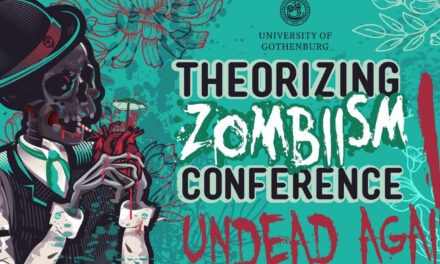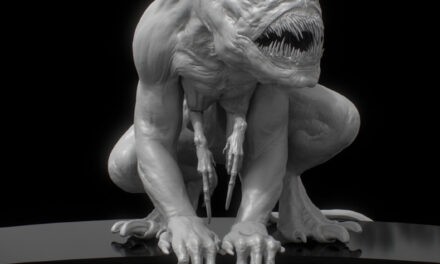Funes. Journal of Narratives and Social Sciences
Directors: Stefano Bory, Gianfranco Pecchinenda (University Federico II, Naples, Italy)
The experience of death represents one of those few things every society must face, no matter what historical period. It has been defined as the most marginal situation, as it sits at the borders of every symbolic system, of every structure of significance that a community can possess, since it is not concretely knowable.
Therefore, every group as well as every individual who must face the end of human life, the loss and the elaboration of grief, also must question himself about the sense and the meanings of death to be able to face such big event.
Every epoch has its own generally consolidated ways to deal with the weight of death, through symbols, prevailing ideas and individual and collective more or less spread strategies. Analysing this symbolic and experiential repertory, the ways in which death is represented and perceived, even resistance and innovative ways, means to decipher different aspects of whole societies.
Death and its representations highlight, under the surface, different social issues connected, from religious phenomena to the stratification that dominant meanings can sustain, from social conflicts to the characteristics of everyday life, etc.
Therefore, it is possible to assert that death must be considered as one of those fundamental indicators to study the collective behaviour and as one of the central themes to analyse the imagery of an epoch, since from the transformations of the way to represent death it is possible to identify many cultural changes.
Technologies – most of all media – have had a relevant impact on the sense that everyone attributes to death and to its experience. If, according to many scholars, death in modern society has been characterised by a firm connection with privatization and individualisation, typical connotations of modernity, to the extent that we can talk about the segregation of the dying and the removal of the phenomenon from the public sphere and the rational analysis, it can be said that the development of technologies, especially media, has made death a public event, accessible and visible to all, producing new ways of representation, rituality, commemoration and narration.
We speak about death, but consequently we also speak about its inescapable corollary: the idea of immortality that in our times finds its most common expression in the cult of youth, in the valorisation of the body, in the idea of health and in the dominant aesthetic models. That is to say, phenomena revailing the fear of the old age, the fear of illnesses and of the end disclosed by the inescapable process of biological degeneration of the body and of physical pain. Starting from these issues, the articles, that can have a theoretical profile or present the results of empirical investigations, will have to reflect on the different ways through which the theme of death is represented, narrated and avoided, or on the experience and the meanings that are elaborated.
The proposals could concern the following themes, not exclusively, considering differrent approaches:
- Death and modernity
- Narrative practices and death experience
- Media, technologies and death
- Visibility and segregation, public death and private death
- Meanings, symbols, ideas about death and dying
- The body of the dying person
- Strategies of immortality
- Rituality, elaboration of grief and commemoration
Editors:
Luca Bifulco, Antonio Cavicchia Scalamonti, Gianfranco Pecchinenda, Alessandra Santoro
Submission:
The abstract (max 500 words) can be written in Italian or in English and sent at the email addresses:
The e-mail has to contain: Name, Surname, Institue of provenience and academic position of the author;
Provisional title of the article; Indication in the email Subject line: “Call: The representation of death in modern society”
Times:
- Abstract deadline: 30 November 2017
- Results announced: 15 December 2017
- Paper deadline: 20 March 2018
- Referees’ decision: 30 April 2018
- Final papers: 5 June 2018
- Publication: July 2018
- Accepted languages: English or Italian
Link: http://www.serena.unina.it/index.php/funes/announcement/view/81





